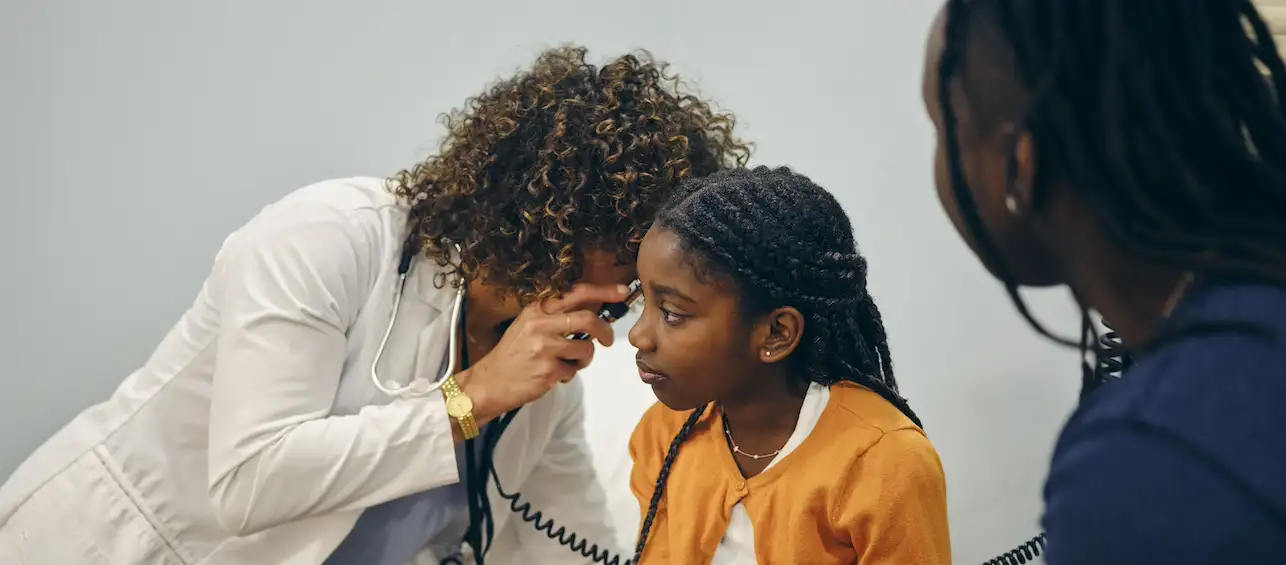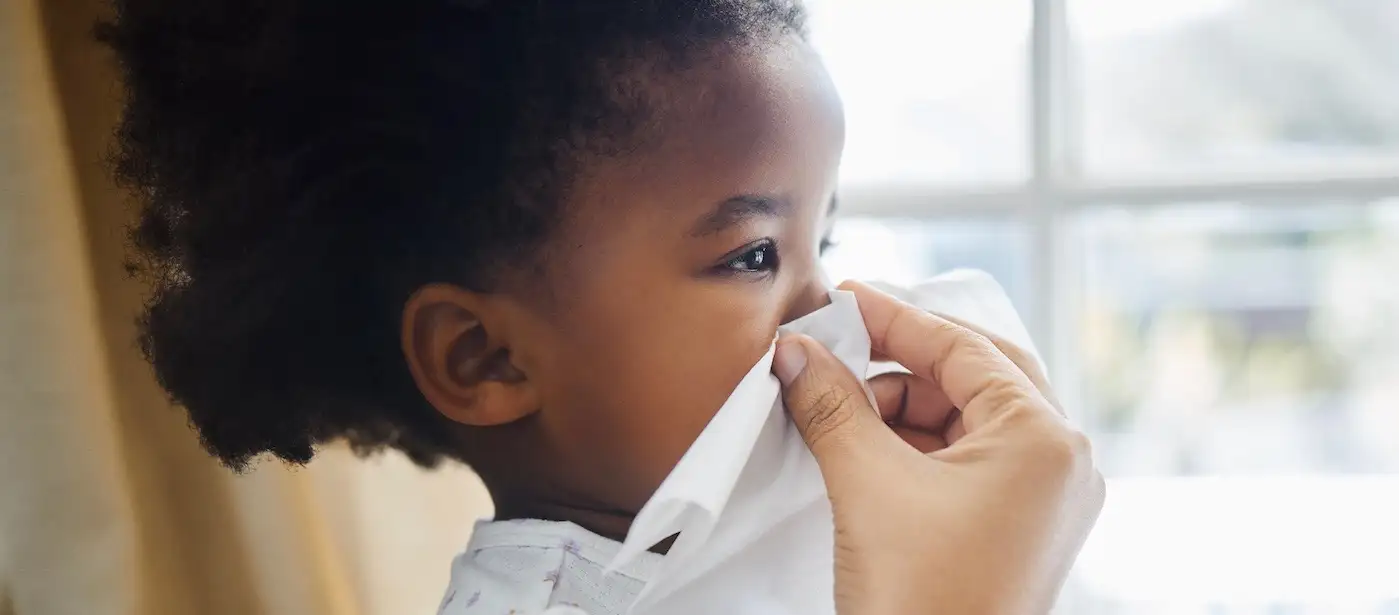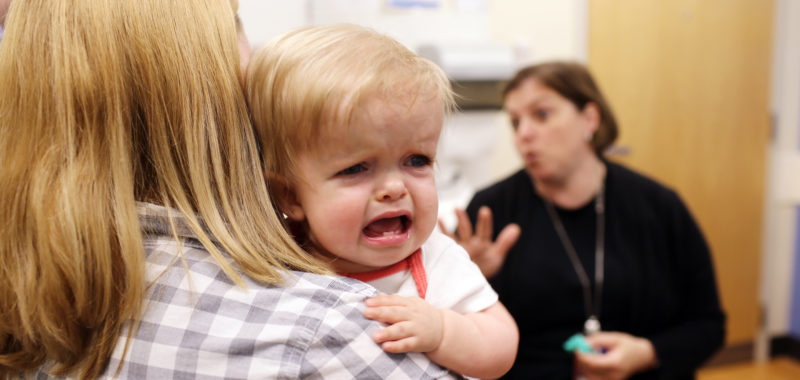The short answer is no. Parents are usually surprised to learn that frequent snoring in children is often concerning. Aside from when your child has a cold, which may block the nasal passageways, snoring that occurs frequently is abnormal and should be evaluated.
Primary snoring happens when something blocks the air from passing through the back of your child’s throat, causing a vibration. It can cause your child to sleep poorly. This in turn can lead to decreased focus and concentration, lowered IQ scores, behavioral issues and even hyperactivity.
What causes snoring?
In kids the most common causes are:
- Enlarged tonsils and adenoids
- Blocked nasal breathing from enlarged turbinates (the inner lining of the bones in the nose)
- Allergies
- A deviated septum
Snoring can also be due to narrowing of the airway based on how your child’s airway is shaped, or from weight gain.
About 10-20% of kids snore on a regular basis.
What can be done about it?
- Sometimes “watchful waiting” is recommended, especially for older children. This is because a child’s tonsils and adenoids get larger until age 6 or 7 and then slowly get smaller over time.
- Some children who snore as a result of a nasal obstruction like allergies may benefit from medications. These can include a nasal steroid, an antihistamine, or even salt water nasal rinses.
- Some recent studies show that montelukast (a leukotriene inhibitor medication known as Singulair) can reduce adenoid size while also treating allergies.
Can snoring be a sign of something more serious?
For up to 10% of children who snore (or 2-4% of all children in the U.S.), it can be a sign of a more serious problem, like obstructive sleep apnea (OSA). This condition can cause pauses in breathing or periods of decreased airflow in and out. Further, this can contribute to drops in oxygen or arousals during sleep. If left untreated, it can have long-term effects. Examples include problems at school, delayed growth, high blood pressure, and even heart failure in some rare cases.
The good news is that studies have shown that heart and lung problems and learning difficulties related to a child’s snoring or obstructive sleep apnea are reversible.
How do you tell the difference between primary snoring and sleep apnea?
Participating in a sleep study in a pediatric sleep lab is the only way to definitively determine whether or not your child has sleep apnea. It’s important to have this procedure done at a pediatric facility. We’ll use pediatric scoring and measure parameters like carbon dioxide levels to evaluate your child, which are most accurate.
While some sleep apnea can be managed with medications and lifestyle changes, other children may need surgery. Often the removal of tonsils and adenoids are necessary to fix the problem. Others may require positive airway pressure to fully treat obstructive sleep apnea.
What if my child is still snoring after tonsil and adenoid removal?
OSA can recur in up to 40% of kids who have had their tonsils and adenoids removed. When this happens, we’ll see them in our Complex Obstructive Sleep Apnea Center. This center, which combines our ear nose and throat surgery (ENT) and pulmonary programs, is designed to provide care for kids and teens with complex obstructive sleep apnea. We also treat children with Down syndrome and craniofacial anomalies.
The bottom line is that if you have any concerns about your child’s snoring, or if he or she has regular snoring beyond a brief cold, talk to your pediatrician. This is because it is not normal and can have long-term consequences if left untreated. He or she may refer your child to a pediatric otolaryngologist or a pediatric sleep center for further evaluation.
To learn more about the Sleep Center at Cincinnati Children’s, contact us at 513-636-2371 or sleep@cchmc.org.






Great information and knowledge that I had no idea existed.
Thank you. You are a life saver.